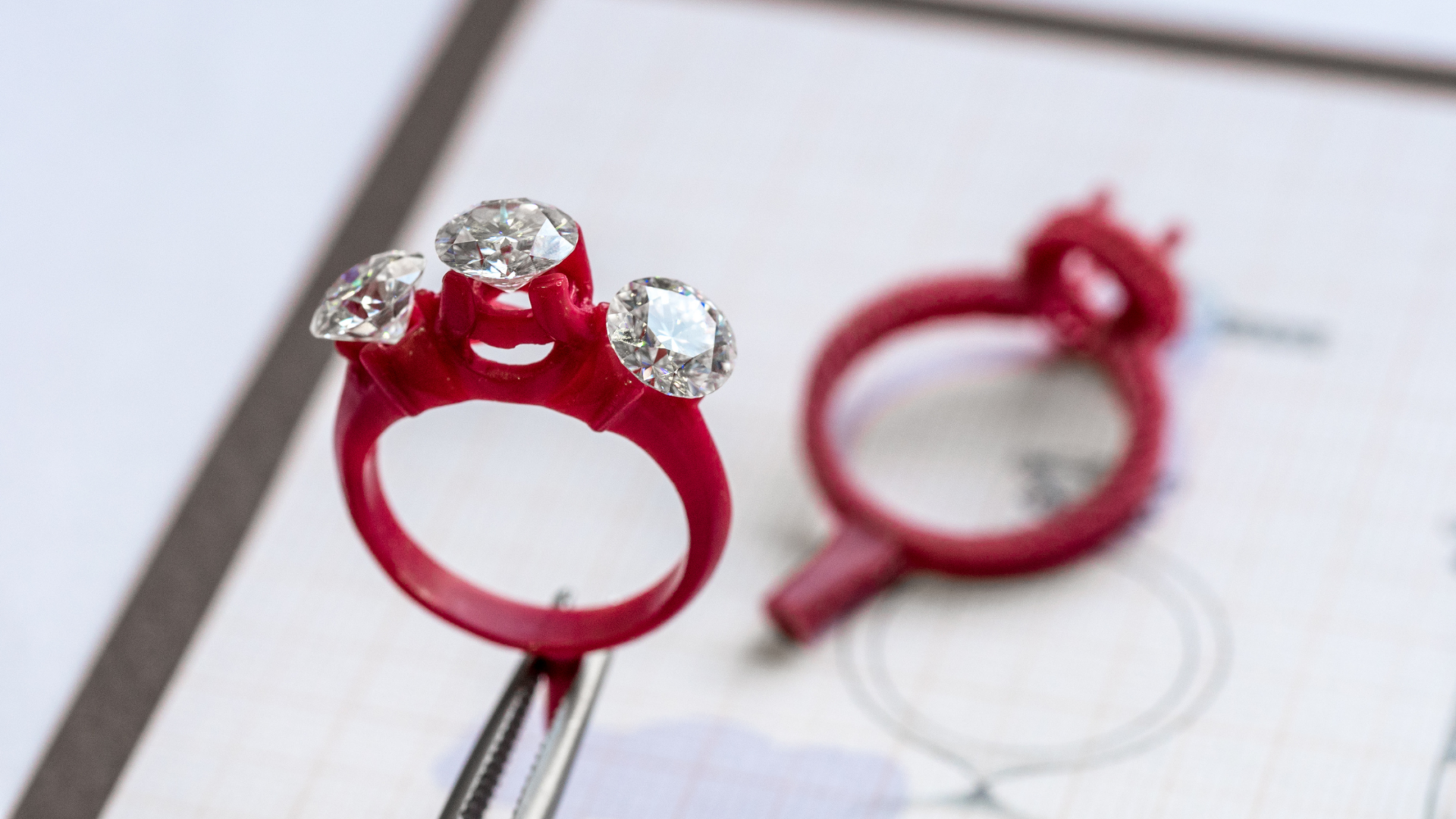- Joined
- Jan 26, 2003
- Messages
- 22,146
Presidents and First Ladies of the United States of America
1789-1797
George Washington
Martha Washington
1797-1801
John Adams
Abigail Adams
1801-1809
Thomas Jefferson
Martha Wayles Skelton Jefferson
1809-1817
James Madison
Dolley Madison
1817-1825
James Monroe
Elizabeth Kortright Monroe
1825-1829
John Quincy Adams
Louisa Catherine Adams
1829-1837
Andrew Jackson
Rachel Jackson
1837-1841
Martin Van Buren
Hannah Hoes Van Buren
1841
William Henry Harrison
Anna Tuthill Symmes Harrison
1841-1845
John Tyler
Letitia Christian Tyler and Julia Gardiner Tyler
1845-1849
James K. Polk
Sarah Childress Polk
1849-1850
Zachary Taylor
Margaret Mackall Smith Taylor
1850-1853
Millard Fillmore
Abigail Powers Fillmore
1853-1857
Franklin Pierce
Jane M. Pierce
1857-1861
James Buchanan
(never married)
1861-1865
Abraham Lincoln
Mary Todd Lincoln
1865-1869
Andrew Johnson
Eliza McCardle Johnson
1869-1877
Ulysses S. Grant
Julia Dent Grant
1877-1881
Rutherford Birchard Hayes
Lucy Webb Hayes
1881
James A. Garfield
Lucretia Rudolph Garfield
1881-1885
Chester Alan Arthur
Ellen Lewis Herndon Arthur
1885-1889
Grover Cleveland
Frances Folsom Cleveland
1889-1893
Benjamin Harrison
Caroline Lavinia Scott Harrison
Mary Lord Harrison [Harrison's second wife, but never a first lady]
1893-1897
Grover Cleveland
Frances Folsom Cleveland
1897-1901
William McKinley
Ida Saxton McKinley
1901-1909
Theodore Roosevelt
Edith Kermit Carow Roosevelt
1909-1913
William H. Taft
Helen Herron Taft
1913-1921
Woodrow Wilson
Ellen Axson Wilson and Edith Bolling Galt Wilson
1921-1923
Warren G. Harding
Florence Kling Harding
1923-1929
Calvin Coolidge
Grace Goodhue Coolidge
1929-1933
Herbert Hoover
Lou Henry Hoover
1933-1945
Franklin D. Roosevelt
Eleanor Roosevelt
1945-1953
Harry S. Truman
Bess Wallace Truman
1953-1961
Dwight D. Eisenhower
Mamie Doud Eisenhower
1961-1963
John F. Kennedy
Jacqueline Kennedy Onassis
1963-1969
Lyndon B. Johnson
Lady Bird Johnson
1969-1974
Richard M. Nixon
Pat Nixon
1974-1977
Gerald R. Ford
Betty Ford
1977-1981
Jimmy Carter
Rosalynn Carter
1981-1989
Ronald Reagan
Nancy Reagan
1989-1993
George Bush
Barbara Bush
1993-2001
Bill Clinton
Hillary Rodham Clinton
2001- George W. Bush
Laura Bush
1789-1797
George Washington
Martha Washington
1797-1801
John Adams
Abigail Adams
1801-1809
Thomas Jefferson
Martha Wayles Skelton Jefferson
1809-1817
James Madison
Dolley Madison
1817-1825
James Monroe
Elizabeth Kortright Monroe
1825-1829
John Quincy Adams
Louisa Catherine Adams
1829-1837
Andrew Jackson
Rachel Jackson
1837-1841
Martin Van Buren
Hannah Hoes Van Buren
1841
William Henry Harrison
Anna Tuthill Symmes Harrison
1841-1845
John Tyler
Letitia Christian Tyler and Julia Gardiner Tyler
1845-1849
James K. Polk
Sarah Childress Polk
1849-1850
Zachary Taylor
Margaret Mackall Smith Taylor
1850-1853
Millard Fillmore
Abigail Powers Fillmore
1853-1857
Franklin Pierce
Jane M. Pierce
1857-1861
James Buchanan
(never married)
1861-1865
Abraham Lincoln
Mary Todd Lincoln
1865-1869
Andrew Johnson
Eliza McCardle Johnson
1869-1877
Ulysses S. Grant
Julia Dent Grant
1877-1881
Rutherford Birchard Hayes
Lucy Webb Hayes
1881
James A. Garfield
Lucretia Rudolph Garfield
1881-1885
Chester Alan Arthur
Ellen Lewis Herndon Arthur
1885-1889
Grover Cleveland
Frances Folsom Cleveland
1889-1893
Benjamin Harrison
Caroline Lavinia Scott Harrison
Mary Lord Harrison [Harrison's second wife, but never a first lady]
1893-1897
Grover Cleveland
Frances Folsom Cleveland
1897-1901
William McKinley
Ida Saxton McKinley
1901-1909
Theodore Roosevelt
Edith Kermit Carow Roosevelt
1909-1913
William H. Taft
Helen Herron Taft
1913-1921
Woodrow Wilson
Ellen Axson Wilson and Edith Bolling Galt Wilson
1921-1923
Warren G. Harding
Florence Kling Harding
1923-1929
Calvin Coolidge
Grace Goodhue Coolidge
1929-1933
Herbert Hoover
Lou Henry Hoover
1933-1945
Franklin D. Roosevelt
Eleanor Roosevelt
1945-1953
Harry S. Truman
Bess Wallace Truman
1953-1961
Dwight D. Eisenhower
Mamie Doud Eisenhower
1961-1963
John F. Kennedy
Jacqueline Kennedy Onassis
1963-1969
Lyndon B. Johnson
Lady Bird Johnson
1969-1974
Richard M. Nixon
Pat Nixon
1974-1977
Gerald R. Ford
Betty Ford
1977-1981
Jimmy Carter
Rosalynn Carter
1981-1989
Ronald Reagan
Nancy Reagan
1989-1993
George Bush
Barbara Bush
1993-2001
Bill Clinton
Hillary Rodham Clinton
2001- George W. Bush
Laura Bush




300x240.png)